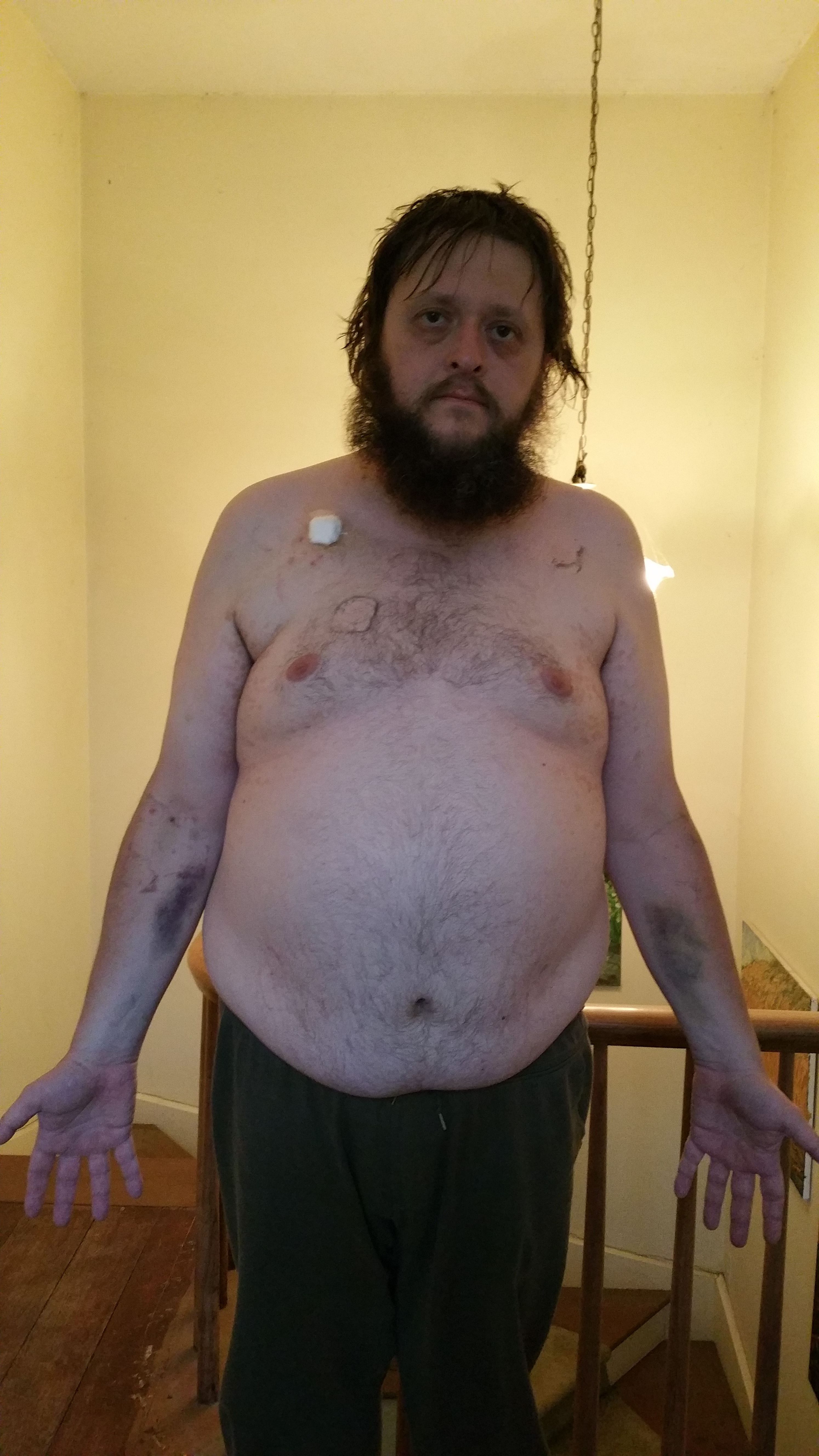A guest post by Pete Hitzeman
Dear educated so-and-so’s of every stripe,
We need to have a heart-to-heart. I admire the years of work and dedication you’ve put into getting where you are. I know, from my own intellectual and professional pursuits, how difficult, expensive, and time consuming your journey from layman to expert has been. I acknowledge without hesitation that your expertise does now and shall always exceed my own in your chosen field, and I am most often happy to pay you for the use of your advice or services.
That said, I need you to understand that I may know more about my situation and circumstances than you, and I may be far more educated on the topic at hand than you at first assumed. Just because I am a layman does not mean I am illiterate, and we now live in an age of instant, free access to virtually all of the amassed knowledge of mankind, which can be usefully navigated with a healthy dose of common sense and discernment. This recent revolution should be seen and utilized as the boon it is, rather than scorned and disregarded as noise.
I realize that this leads to an obvious problem. How can you tell me, the person who takes the time to know about things, from the other four hundred people you might see each day who simply don’t care? Well, at the risk of sounding trite, ask me. I want you to spend the first five minutes of our professional relationship talking to me, finding out what I know, and filling in what I don’t. You certainly have enough experience on the topic to know, in short order, whether I’m speaking from a point of sound knowledge, or simply blustering. It may seem frustrating and needless at first, but I promise you that it will save both of us time in the long run, since it will make our future communication far more efficient and effective.
In return, I promise to be open and honest with you about what I know and how I came to know it, as well as what I don’t know. There’s an equal chance that I have received bad information, as that you may have made erroneous assumptions. The truth, as they say, is most often in the middle. I would ask that you react to both my knowledge and my source with respect uncolored by your experiences with the customer before me. I am not them, just as I trust that you are not the same as the last professional I engaged, who fancied themselves as the sole arbiter of scientific knowledge.
So when I come to you to help me fix my car, or my computer, or my body, or my diet, or my exercise, I ask that you would do us both the favor of establishing a baseline of mutual respect and knowledge. We will both get more out of our interaction, and our business, that way.
Respectfully yours,
Cephas

 It’s sometimes hard to know where to begin an explanation of something that has been coming my whole adult life, so I will start with the event that triggered the birth of this blog.
It’s sometimes hard to know where to begin an explanation of something that has been coming my whole adult life, so I will start with the event that triggered the birth of this blog.